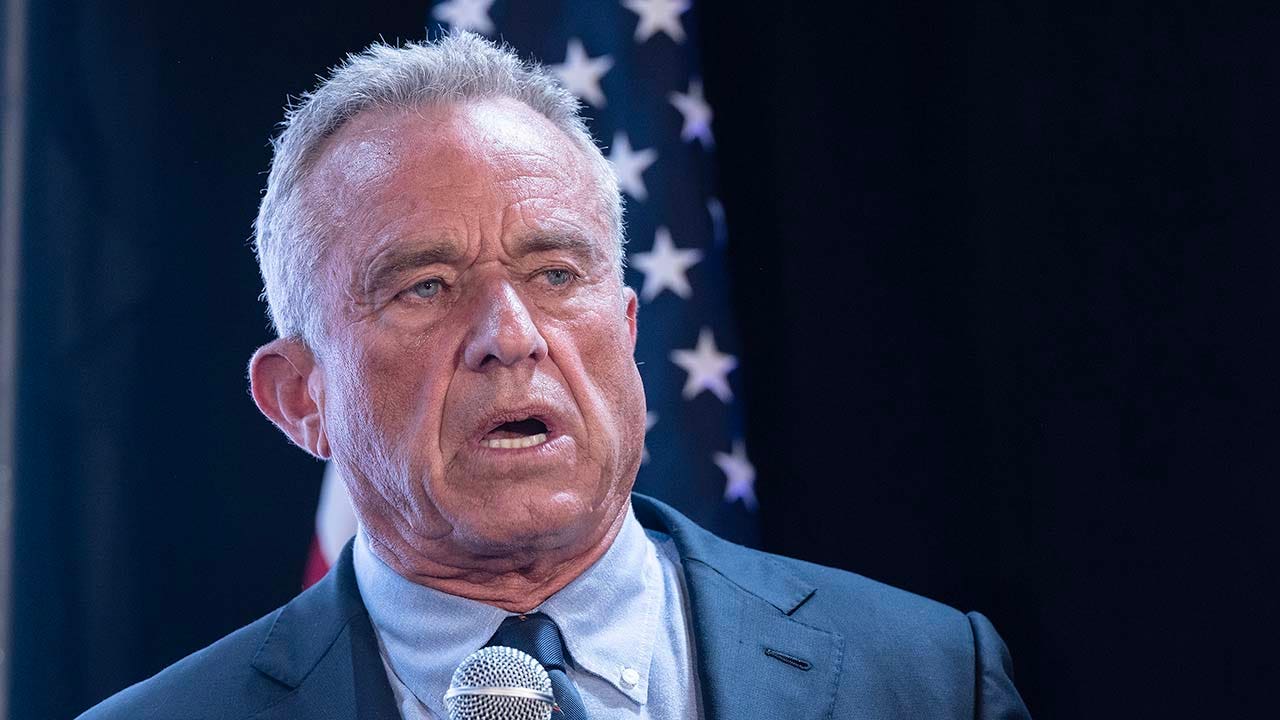
Title: Who Really Has Brain Parasites? A Deep Dive into the Alarming Claims of Robert F. Kennedy Jr.
Lead: Robert F. Kennedy Jr., a prominent environmental activist and potential presidential candidate, has recently made headlines for his shocking claim of having a worm in his brain that died years ago. This revelation has sparked curiosity and concern about the possibility of brain parasites and their impact on health.
Fact 1: Robert F. Kennedy Jr.'s Brain Worm Robert F. Kennedy Jr., during a deposition in 2012, revealed that he had a worm in his brain that died years ago. The incident occurred while he was traveling extensively for work in Africa, South America, or Asia and contracted the parasite from one of these locations.
Fact 2: Neurocysticercosis - A Condition Caused by Tapeworm Larvae Neurocysticercosis (NCC) is a condition where tapeworm larvae invade the brain. This parasitic infection can cause various symptoms, including headaches, seizures, or even be completely asymptomatic.
Fact 3: Naegleria fowleri - A Rare Amoeba that Causes Brain Damage Another less common cause of brain damage is the rare amoeba Naegleria fowleri. This microorganism can enter the brain through the nose and cause a condition called primary amoebic meningoencephalitis (PAM).
Background Information: Brain parasites, such as tapeworms and amoebas, can have devastating effects on human health. While some infections may be asymptomatic, others can lead to severe neurological conditions or even death.
Fact 4: The Importance of Diverse Sources and Unbiased Reporting It is crucial to consider various sources when reporting on such sensitive topics. In this case, multiple reputable news outlets have covered the story of Robert F. Kennedy Jr.'s brain worm, providing valuable insights into the condition and its implications.
Conclusion: The alarming claims made by Robert F. Kennedy Jr. about having a worm in his brain have sparked curiosity and concern about the possibility of brain parasites and their impact on health. By examining various sources, we can gain a better understanding of this complex issue and its implications for public health.





